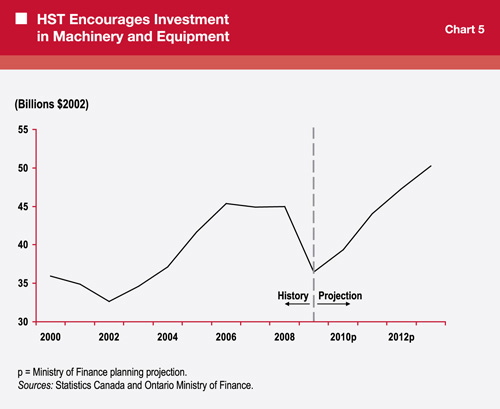Canada"s Military Spending Commitment Threatens Fiscal Stability
Prime Minister Mark Carney"s recent statements at the NATO summit have raised alarm bells across Canada as he attempts to address the country"s commitment to ramp up military spending to an unprecedented 5% of GDP. This audacious pledge not only confronts the fiscal integrity of the nation but also poses significant threats to social programs that support our most vulnerable communities.
Deficit Projections Show Troubling Trajectory
As reported by the C.D. Howe Institute, the projected deficit for this fiscal year could soar to over $92 billion, with next year"s figures expected to hover around $82 billion. These staggering numbers signal a troubling shift in government priorities, where military expenditures are prioritized over essential social services and public welfare.

Centre Block Construction Update (2024)
Tax Cuts and Revenue Constraints Complicate the Picture
Canada"s fiscal landscape has been further complicated by a series of tax cuts, including the cancellation of the capital gains tax and the reduction of the first income tax bracket to 14%. These decisions, while politically palatable to some, have constrained revenues and will exacerbate the country"s fiscal challenges. As reported by Reuters, these cuts could push the net-debt-to-GDP ratio above 44% by 2028, setting the stage for long-term economic instability.
Hard Choices Loom for Canadians
The reality is stark: to meet NATO"s spending targets, the federal government may resort to larger deficits, increased taxes, or significant cuts to public services. As reported by Reuters, these choices could ultimately jeopardize the social safety net that many Canadians rely on, further entrenching wealth inequality across the nation.

form_18ka10.htm
The Human Cost of Military Spending
Redirecting resources to the military at the expense of social programs disproportionately affects marginalized communities, who often bear the brunt of these fiscal choices. As Canada gears up for a military budget that could double the deficit by 2035, the implications for social justice are dire. The shift in priorities reflects an alarming trend where corporate interests and military expansion are valued over the health, education, and welfare of the populace.



![[Video] Gunfire between Iraqi security forces and Sadr militias in Baghdad](/_next/image?url=%2Fapi%2Fimage%2Fthumbnails%2Fthumbnail-1768343508874-4redb-thumbnail.jpg&w=3840&q=75)
